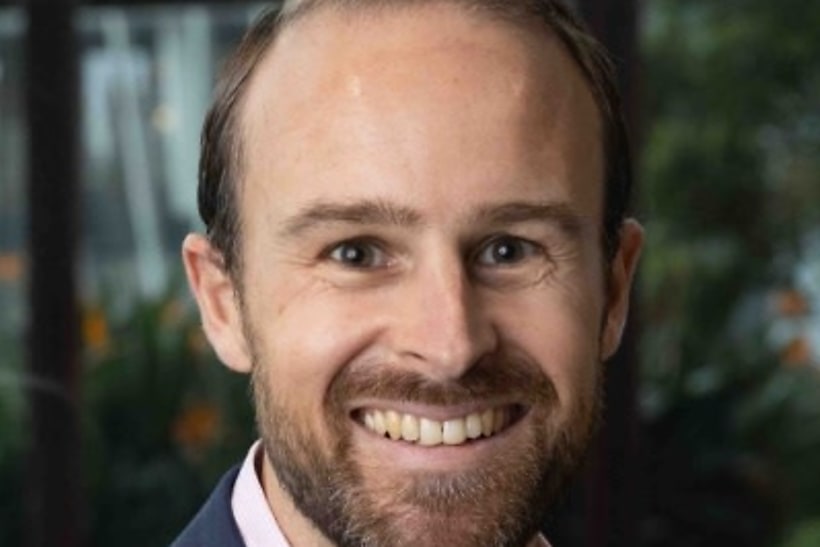
As a pre-teen, I had a Sanyo personal cassette player. That's right, a Sanyo. Not the revolutionary Sony Walkman that came to define a generation's musical experience.
Now, the engineers behind the Sanyo player had made a clear choice about the functionality of the device.
They had eliminated the ‘rewind’ button. In place of a rewind feature, the owner's manual instructed users to flip over the tape and use the ‘fast forward’ feature to achieve the desired rewinding.
Rightly or wrongly, the Sanyo engineers had evidently designed the product with reduced features, likely to keep the cost down relative to competitors.
This memory occurred to me as I considered the importance of making deliberate choices when advice practices determine their ‘technology stack’.
Practices can just let tech happen. They need to choose their tech wisely and in a way that reflects their preferred customer advice experience.
Technology is a key enabler of success for advice practices and practices don't need any convincing of this: 78.2 per cent of all firms believe an integrated tech stack improves staff satisfaction, according to Netwealth's 2022 AdviceTech survey.
It's why almost half of advice practices (49.8 per cent) have a ‘tech roadmap’ for the next 12 months, according to the survey.
Unfortunately only 17.2 per cent of firms regard their roadmap as ‘clearly documented’ for the next 12 months. A mere 6.9 per cent of firms describe their technology stack as a ‘highly integrated system of technologies’. The remainder have a somewhat or minimally integrated system.
Most practices therefore lack a deliberately chosen tech stack. This is a problem because well-chosen tech enables efficiency, delivers security of client data and it facilitates a great customer experience.
First, from an efficiency standpoint, technology can reduce manual processes. This means less errors because humans are fallible and prone to error.
Tech, properly designed and integrated into an advice practice overcomes human error and allows for a consistently replicable process. From a recordkeeping perspective, using the right tech solution for the problem at hand enables accurate records.
Practices need to make deliberate decisions about what parts of the advice process are vulnerable to error and then seek to automate these through tech. Solutions also need to be carefully considered to satisfy any cost-benefit trade-off.
Second, choosing the right tech solution reduces the chance of sensitive client data potentially falling into the wrong hands.
Technology is one of ASIC's top four external priorities as revealed in its ASIC Corporate Plan for 2022–26. In their plan, ASIC have declared its intention to: “Focus on the impacts of technology in financial markets and services, drive good cyber risk and operational resilience practices, and act to address digitally enabled misconduct, including scams”.
An example of where tech can enhance security is email. Delivering sensitive information by email posing risks of miskeying the email address or the information being intercepted. Delivering information via a client portal instead can offer enhanced security and would be an example of a well-chosen, intentional tech decision.
Finally, tech can play a big part in delivering a great customer experience. From fact-finding through to the delivery of the advice, an intentional and well-designed tech pathway can delight customers and make for a seamless advice process.
A former colleague of mine had never received financial advice. After much imploring (and some shaming!) he eventually bit the bullet and saw a planner. What impressed him most was the intentional and well-curated tech experience that the adviser used to deliver the advice experience. Through the well-chosen tech platform, the adviser was able to make my colleague's financial wellbeing come to life through visual display. This tech experience then also forecast my colleague's likely retirement position. For the first time, my colleague was able to understand his financial wellbeing and the behaviour that were necessary to make his financial dream a reality.
A carefully chosen and intentional tech stack is no longer ‘nice to have’ for advice practices. Rather, it is a critical input for any practice seeking to efficiently serve more clients.
Peter Bryant, head of business development and strategy, Morningstar

Neil is the Deputy Editor of the wealth titles, including ifa and InvestorDaily.
Neil is also the host of the ifa show podcast.
Never miss the stories that impact the industry.